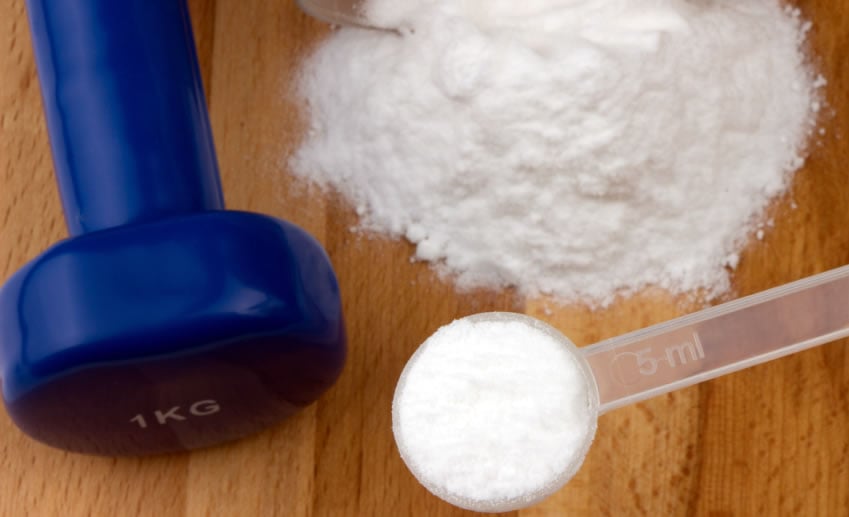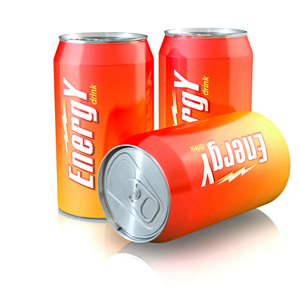What Is Carnitine?
There’s been a lot of media talk over the last couple of weeks about a new study suggesting that carnitine, abundant in red meat and many energy drinks, contributes to heart disease. There’s also been a lot of misinformation. Here are the facts.

What is carnitine?
Carnitine is a compound our body produces. It helps turn fat into energy. Usually, our bodies make all the carnitine we need. But many of us get more carnitine, a lot more, from sources like red meat, energy drinks, and supplements.
TMAO
According to the new research, carnitine itself is not clogging up arteries. It’s more like a middleman. Bacteria in the digestive tract get hold of the carnitine we eat and convert it into trimethylamine-N-oxide (TMAO), and it is high levels of TMAO that appear to do the dirty work, enabling cholesterol to burrow into artery walls and build up plaque.

“This is certainly an interesting new area of research in that it suggests yet another plausible mechanism by which a steady diet of red meat or L-carnitine supplements may speed up the development of coronary artery disease,” notes Dr. Jay Kenney, nutrition research specialist and educator at the Pritikin Longevity Center.
But on April 7, when the study came out, much of the media unfortunately went overboard. Several reporters left the public with the impression that high carnitine intake was even more responsible for the clogging up of arteries than high intakes of saturated fat and dietary cholesterol.
Exaggerations
One of the biggest exaggerators of the facts was Gina Kolata of The New York Times. She wrote that the study’s authors “suspected that saturated fat and cholesterol made only a minor contribution to the increased amount of heart disease seen in red-meat eaters,” and that the “real culprit” was carnitine turned into TMAO.
But the study’s authors, led by Stanley Hazen, MD, PhD, of the Cleveland Clinic, never stated any such thing.
In response to Gina Kolata’s comments above, Dr. Hazen told Pritikin Perspective: “That was journalistic license. I don’t agree, and would not claim that at this point. And our paper didn’t either.”
More research needed
Concurs Dr. Kenney: “Clearly, the researchers themselves are not saying that TMAO is the real cause of atherosclerosis. Yes, high levels of TMAO may turn out to be a key risk factor, but we need more research.
“It is important to note that we don’t know yet if lowering TMAO would help reduce cardiovascular risk.” – Dr. Jay Kenney, nutrition research specialist and educator at the Pritikin Longevity Center
| FOOD | Milligrams (mg) |
| Beef steak, cooked, 4 ounces | 56 – 162 |
| Ground beef, cooked, 4 ounces | 87 – 99 |
| Milk, whole, 1 cup | 8 |
| Codfish, cooked, 4 ounces | 4 – 7 |
| Chicken breast, cooked, 4 ounces | 3 – 5 |
| Ice cream, ½ cup | 3 |
| Cheese, cheddar, 2 ounces | 2 |
| Whole-wheat bread, 2 slices | 0.2 |
| Asparagus, cooked, ½ cup | 0.1 |
- 1 Nature Medicine, published online 7 April 2013; doi:10.1038/nm.3145
- 2 New England Journal of Medicine, 2013; 368: 1575.
- 3 Nature, 2011; 472: 57.